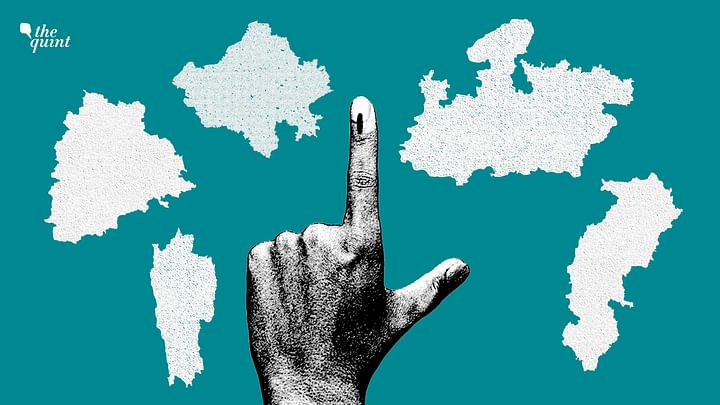
Image Source: thequint.com
Coordinated elections, especially simultaneous polling, have been a subject of significant interest and debate in the realm of governance and electoral procedures. The concept of conducting various elections across different constituencies simultaneously has garnered attention due to its potential to streamline processes, enhance efficiency, and ensure a more synchronized democratic exercise.
Simultaneous Polling: An Overview
Simultaneous polling refers to the practice of conducting elections for various legislative bodies—such as national, state, and local elections—simultaneously on the same day. This approach aims to reduce the administrative burden, cut costs, minimize security risks, and optimize resources involved in organizing separate elections at different times.
From the perspective of the Union Public Service Commission (UPSC), which oversees recruitment and conducts examinations for various civil services in India, the concept of simultaneous polling presents both challenges and opportunities.
Challenges Faced by UPSC
For the UPSC, the primary challenge lies in coordinating its examination schedules with simultaneous